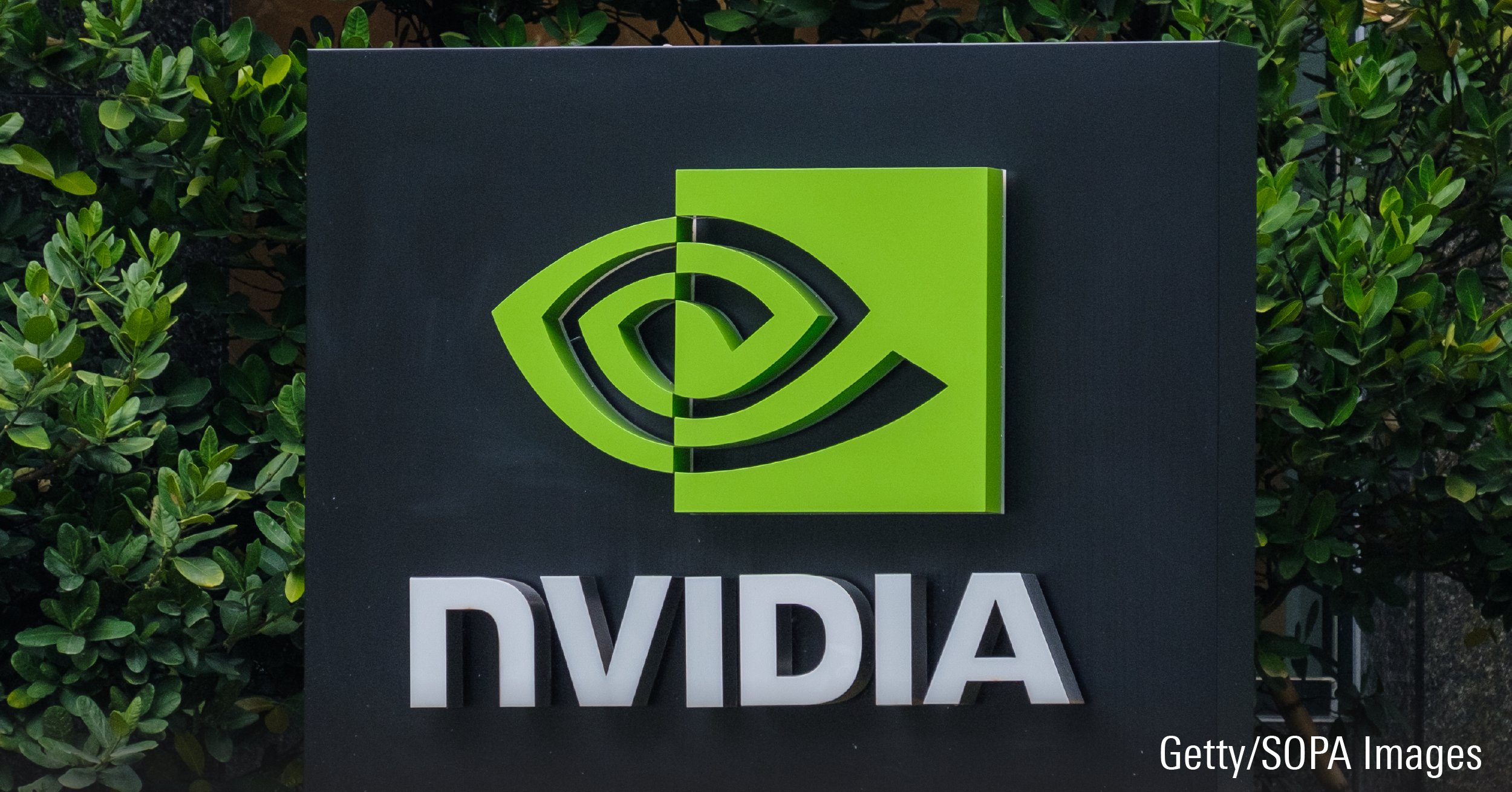Dr. Ziad Bakri, manager of the $819-million TD Health Sciences, likes to take small positions in up and coming biotechnology stocks. But only if he thinks there's a good bet there will eventually be a big payoff.
"What we don't want to do," says Bakri, a vice-president and portfolio manager at Baltimore-based T. Rowe Price, "is to have really small positions that don't have extreme outcome scenarios. To justify small positions, you have to say, well, it's small because it's risky, but the risk is worth taking because we can make many multiples (of the purchase price) over the years."
Biotech has made up about a third of the TD fund's portfolio for a number of years, with percentage weightings ranging from the high 20s to the mid-to-high 30s. Bakri, who is also a medical doctor, says he shares the view that there will be increasing progress in drug discoveries, health-care services and medical devices, among others.
He also believes that perhaps there may be more innovation in health care than in other sectors of the market, especially in biotech. "There's more magnitude of innovation happening today than I've seen at any point in the last 10 to 15 years."
The favourable biotech environment isn't just a result of capital flows into new innovations, says Bakri. It's the fact that there are numerous good ideas and discoveries taking place.
"What we would have thought was science fiction has essentially become a reality now," Bakri says. "So for someone like me who has a background in medicine and science and stocks, it's like a kid in a candy store. Everywhere you look there are dramatic innovations."
Yet a robust market environment also attracts capital-hungry companies that have poor prospects. There are a lot of bad ideas out there too, so it's up to a capital allocator to sift through them, says Bakri.
To mitigate security-specific risk, the portfolio of TD Health Sciences is highly diversified among approximately 150 holdings. The larger positions are in bigger, more stable companies with growing cash flows. Bakri and his team favour companies with valuations that are reasonable relative to today's indexes and reasonable relative to their own historical baselines.
Sage Therapeutics Inc. (SAGE) is an example of a biotech company that started as a small position in the TD fund and has grown to about a 2.5% weighting. Bakri says Sage is making innovative treatments in the area of depression. Early research by the T. Rowe Price team indicated that the clinical drug studies were hitting the right targets and that the drug should work.
"We felt like there was much more certainty that we actually had a revenue-generating asset with less downside risk," says Bakri. "This time next year, we'll have a product on the market for postpartum depression, and months later, a drug for general depression. And depression is a very, very large market. There have been no advances in innovation for decades."
Another top-10 holding in biotech is ![]() Vertex Pharmaceuticals Inc. (VRTX), whose products include a drug to treat cystic fibrosis. "I think these drugs are going to dramatically alter the course of that disease, all of the (research) measures have gone in their favour," Bakri says. As well, "they have growing revenues and my view is that the revenue is going to accelerate rapidly over the next few years if they have a real innovation pipeline behind that."
Vertex Pharmaceuticals Inc. (VRTX), whose products include a drug to treat cystic fibrosis. "I think these drugs are going to dramatically alter the course of that disease, all of the (research) measures have gone in their favour," Bakri says. As well, "they have growing revenues and my view is that the revenue is going to accelerate rapidly over the next few years if they have a real innovation pipeline behind that."
U.S. consumers must bear drug prices that are among the highest in the world, enhancing the profitability of the pharmaceutical and biotech industries and their ability to grow. "The more companies can charge for drugs," says Bakri," the more they can reinvest in R&D and, frankly, the more money you can charge for drugs the better (for drug companies). The capital markets start allocating those dollars to health care and innovation."
However, Bakri cautions that it's not sustainable to have drug companies grow this way. He believes that ultimately drug prices will need to be controlled. "The reality is that that's probably a long way away, but it's something we're cognizant of because one way or another, drug prices are going to come under pressure over the next five to 10 years."
TD Health Sciences isn't a pure biotech and pharmaceuticals mandate. Its diversification within the health-care sector includes a current 23% weighting in health-care services. The fund's largest holding is ![]() UnitedHealth Group Inc. (UNH). "They have two businesses," says Bakri, "the managed-care side of the business and the health-care services. We like the managed-care side of the business because we have a favourable view in general of managed care."
UnitedHealth Group Inc. (UNH). "They have two businesses," says Bakri, "the managed-care side of the business and the health-care services. We like the managed-care side of the business because we have a favourable view in general of managed care."
A trend toward further privatization in U.S. health care has enabled health-care providers such as UnitedHealth Group to generate robust earnings growth. "Medicare (a national health insurance program administered by the U.S. government) is an example of that," says Bakri. "Right now about one third of Medicare is provided by these companies, so UnitedHealth Group has some of the business, but that share is going up over time."

















